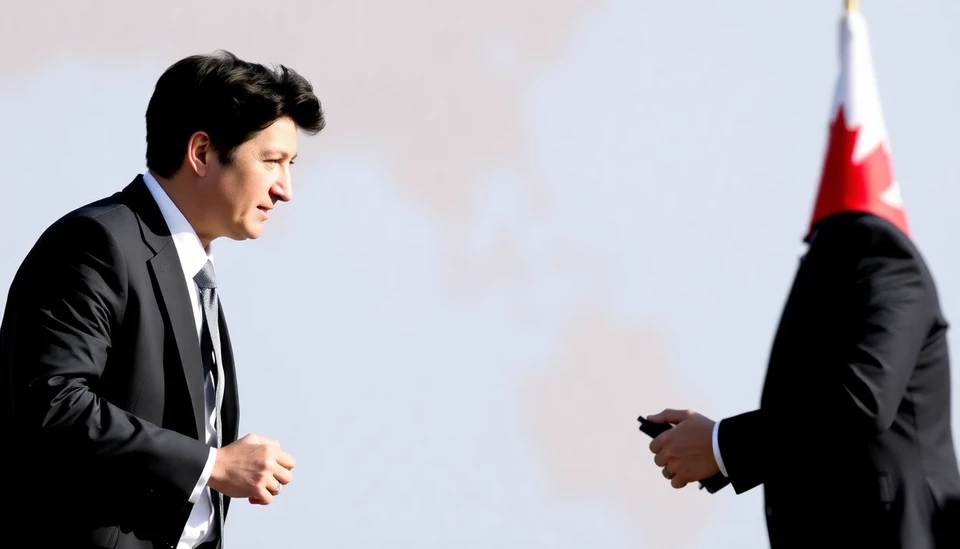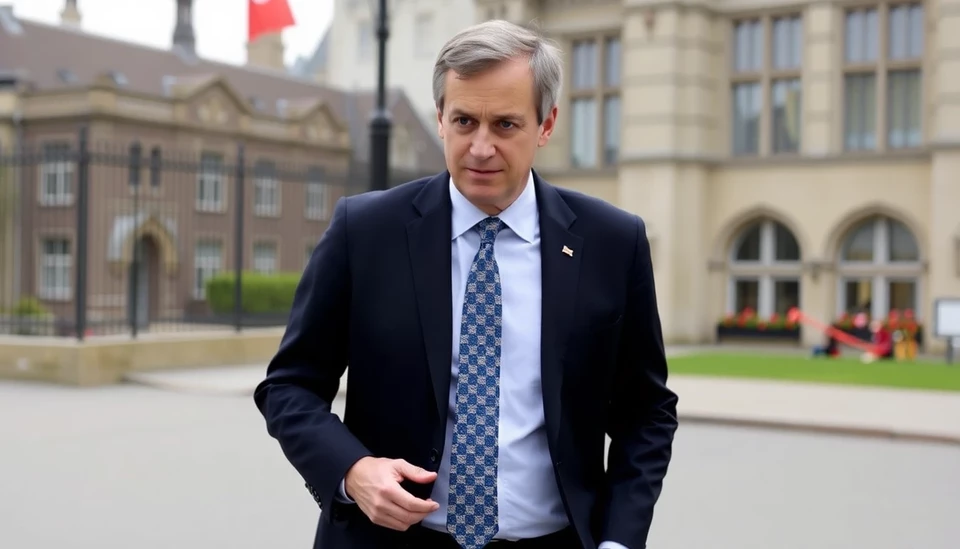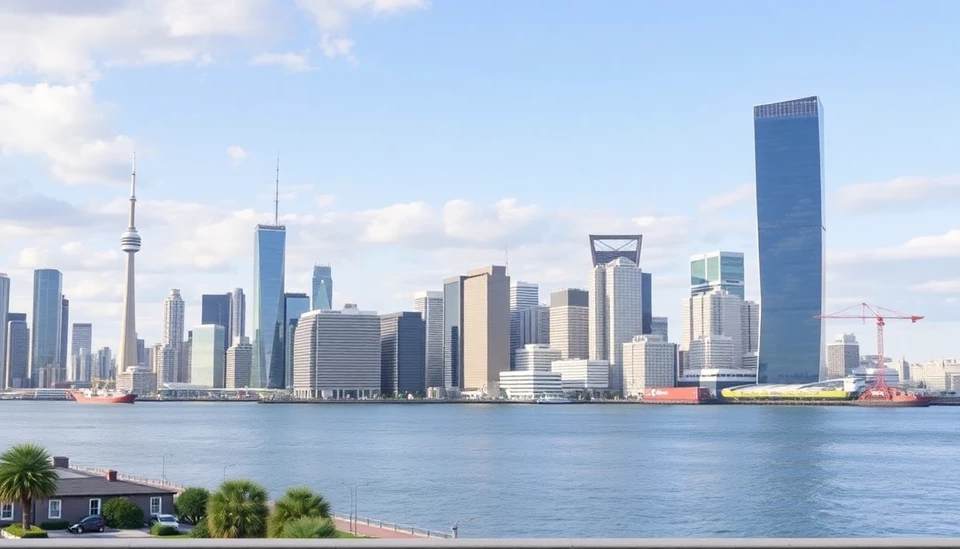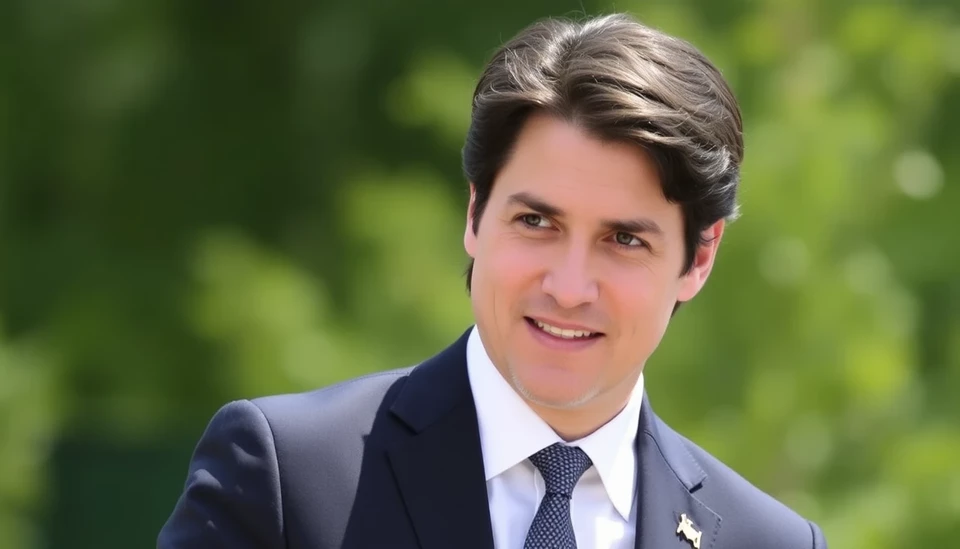
In a significant exchange of views that underscores the ongoing tensions in Canadian governance, Prime Minister Justin Trudeau and several provincial leaders engaged in a heated debate over the potential for utilizing natural resources as a trade weapon. This discussion unfolded during a recent meeting aimed at addressing Canada’s economic strategy amid international pressures.
The dialogue, reflecting the diverging priorities among Canada's provinces, spotlighted the increasing frustration among provincial leaders regarding federal policies that they argue hinder their ability to effectively capitalize on their rich natural resources. This comes at a time when the demand for energy resources is surging globally, creating a critical juncture for the country to reevaluate its economic stance.
Provinces rich in resources, especially those in Western Canada, have been vocal advocates for self-sufficiency, positioning their local economies to better leverage their capabilities. Leaders from these provinces have suggested that if the federal government does not back their initiatives, they might consider using resource exports as leverage in trade negotiations. This strategy could potentially enhance provincial economies but raises concerns about the cohesiveness of national policies.
Prime Minister Trudeau, however, has maintained a cautious approach, warning that employing resources as a trade weapon could provoke retaliatory measures from other nations and could disrupt the production and supply chains integral to the Canadian economy. He emphasized the importance of maintaining stable relationships with international partners, especially in an era characterized by volatility and unpredictability in global trade.
The conversation also underscored the complexities of federal and provincial relationships in Canada, which are often marked by a delicate balance of power and responsibility. Many provincial leaders criticized the Trudeau administration for its perceived inaction on crucial resource projects, arguing that delays in approvals have stymied their economic growth. Trudeau responded by advocating for a unified national policy that addresses both regional needs and the broader implications for Canada's standing on the world stage.
This disagreement highlights deeper issues within Canada regarding resource management and trade negotiations. As the country's energy sector faces unprecedented challenges and opportunities, the implications of this debate could shape the trajectory of Canadian economic policy for years to come. The outcome could also set a precedent for how provinces maneuver their resources in future trade discussions, especially as global markets continue to evolve.
As this contention continues, both the Prime Minister and provincial leaders will need to navigate their positions carefully to foster an environment conducive to collaboration rather than discord. The strategic discourse surrounding the use of resources as a potential trade weapon will likely persist, drawing attention to various regional concerns and aspirations within Canada's diverse economic landscape.
#Trudeau #CanadianPolitics #ResourceManagement #TradeDebate #ProvincialRelations
Author: Rachel Greene




